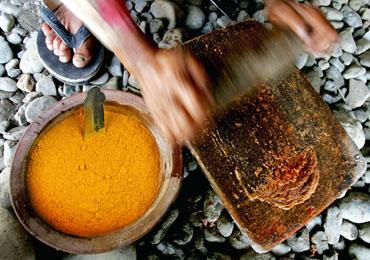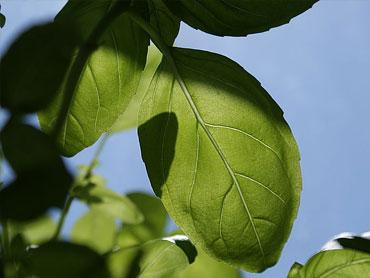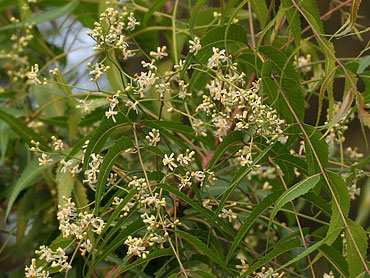
Although the monsoons are a welcome respite from the sweltering heat, various infectious bacteria and viruses become active due to high humidity in the air. This can lead to health problems like fever, throat infections, skin infections etc.
Here are some herbs/ spices easily available in the kitchen that can help you boost your immune system and prevent infections.
Turmeric (Haldi)
Turmeric is a very good antiseptic agent as it can act both internally (used for worm infestations) and externally for skin infections. For many years, the only antiseptic available in rural India was haldi, and had many uses besides adding colour and flavour to food:
Most of these herbs are easily available in Indian households so sourcing and using them is quite easy. Precautions coupled with care can help you to enjoy the rains. Have a healthy and safe monsoon!

Basil (Tulsi)
This plant has so many benefits that it is worshipped and most Indian homes have a tulsi plant. The leaves are like an antidote for fevers which occur in the rainy season.
Tulsi leaves decoction prepared along with powdered cardamom (elaichi) is helpful in bringing down the fever.
Sore throat can be prevented by gargling with tulsi leaves water. Similarly for various respiratory problems, tulsi water comes in handy.
Kidney stones (small) can be treated with regular consumption of tulsi. It is also good to reduce blood cholesterol.
A decoction of the leaves given in gout (high uric acid) can yield good results. Besides, it is also beneficial dental problems and worms in the stomach (specially children).

Bitter Gourd (Karela)
The bitter gourd has excellent medicinal properties and is used as a medicine for diabetes (with good results). Sometimes it is also called plant insulin as it normalizes the sugar levels.
One must take 2-3 karela and juice them and mix it with water and this should be taken twice a day. It is also rich in vitamin A, B and C. Karela juice is also effective in piles.
In the monsoons, karela juice is very good for preventing/ treating boils, itching, ringworm, fungal diseases. It is beneficial for liver disorders (specially induced by alcohol).
People with respiratory troubles can also benefit from this vegetable.

Indian Lilac (Neem)
It is a tree which has been written about extensively in Ayurveda and each part of this tree has beneficial properties. The tree itself is a big transformer of carbon dioxide to oxygen and decreases the presence of malaria and cholera infections in the immediate vicinity.
In malaria, an infusion of neem leaves in water taken daily cures the fever rapidly due to the action (on the infection) in the liver.
The leaves applied externally are very beneficial for (infective) skin problems. In many dry skin diseases, ointments containing neem oil are considered excellent. The same ointment can be used in case of boils in the ear.
For many tooth and gum infections, gargling and rinsing the mouth with neem water will greatly improve the oral condition.